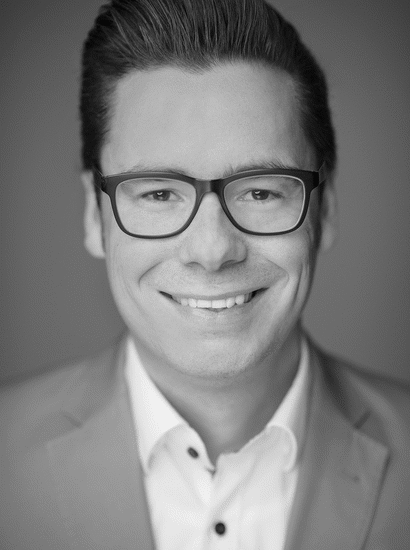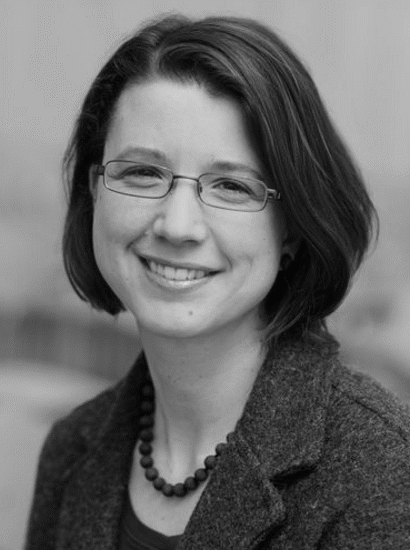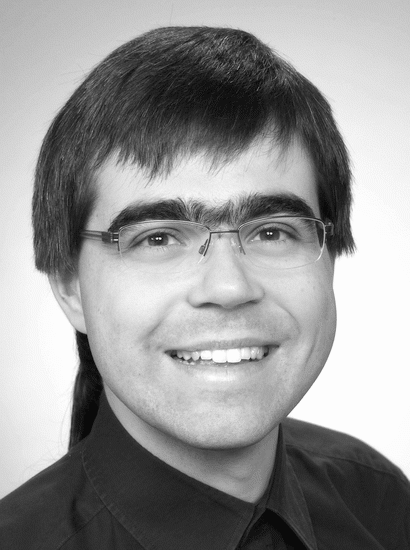
NFDI4Culture Community Musicology
Using various methods, the musicological communities generate data on tangible and intangible cultural assets. These range from musical practice in different contexts, instruments, the reception and perception of music, to musical scores and theoretical analyses. For qualitative as well as quantitative research, standardised, connectable formats for both data and metadata are crucial for ensuring the quality of gathered data. Standards for handling research data (e.g. linking entities with corresponding authority records, using ontologies and controlled vocabularies) as well as quality features (e.g. versioning and licensing) facilitate the publication of research results in a visible and reusable way and allow for relating them to each other.
Numerous projects generate data that are subject to copyright and exploitation right or originate from sensitive contexts; this calls for a flexible rights management that covers both technical and legal aspects, while finding a balance between the greatest possible openness and ethical-legal principles. Research data and results from musicological projects are also reused artistically or economically, in the cultural landscape; at the same time, this cultural landscape is itself a central object of research. In this way, musical performance, music production and publishing, as well as museums and archives, are closely intertwined with musicological research.
Digital musicology uses and develops digital methods and tools, such as formats for music encoding (MEI, MPM, etc.) and their rendering, analyses in Music Information Retrieval, or methods for Optical Music Recognition based on machine learning. These possibilities offer a great potential of research approaches, especially with regard to the interconnection of larger (research) data corpora such as in the Répertoire International des Sources Musicales, musiconn.performance, the Musical Instrument Museums Online or the Cantus Database.

User Story 02
As a musicologist, I would like to annotate musical sources (with text, possibly also with music notation) in order to analyze them further. The question arises whether my annotations and my knowledge of standards, especially MEI-standards are sufficient. I am also wondering about the adequacy of the standards on hand - I want to be able to direct my requests and thoughts to a central, single point of contact. Since I am also involved in teaching, I would like to pass on competence in this analysis to my students in such a way that they can apply these skills.
/
As an editor of a music edition I would like to create a MEI-based edition of musical scores and keep different versions accessible for different lengths of time in order to a) make decisions later and/or b) keep decisions comprehensible.
(cf. DFG Recommendation 7 on „Sicherung guter wissenschaftlicher Praxis“, p. 21 f.)

User Story 05
As head of the digitization department of an art historical institute, I am making an inventory of our collection. In addition, digital images of objects are created on behalf of the associated researchers. In addition to our close cooperation with the University Library, I would like an exchange with the specialist community regarding standards development in order to keep our database up to date and highly connectable. For this inventory process, I need qualified staff (regular staff and assistants). I have to pass on and develop the appropriate skills and for this I need suitable training formats that fit the task at hand. I want to be able to direct my requests and thoughts to a central, single point of contact.
/
As project manager of a digital edition of musical works, I would like to keep the image data resulting from the digitalisation of the underlying sources available for long-term use. My staff requires customised, quality-assured trainings on the long-term availability of image data of musical works.

User Story 07
As a music ethnologist, I am responsible for keeping audio/video files (or corpora) created during my research accessible in accordance with the preconcerted legal agreements. Since I am also involved in teaching, I would like to pass on my expertise on this form of analysis to my students so they can apply these skills.
/
As curator of the contemporary collection of a large museum, I would like to make our bundle of video art and the performance documentation accessible for research.

User Story 14
As a doctoral student of musicology (subject i.a. press coverage of performances of the Freundeskreis zeitgenössischer Musik Glarus). In an essay on press coverage on musical performances in other contexts, I found a reference to a set of research data that served as a base for these findings. Curious about its structure and whether I could use it for my own research in terms of content or method, I researched into it and made a find in a repository. With help from a colleague I could eventually open the data format, unknown to me but I am still not able to interpret the data.

User Story 25
As a Wikimedian I am happy to be involved in the digital cultural commons and have already made many edits on Wikipedia pages about cultural heritage and made pictures available for free use at WM Commons. I have made contributions to Europeana’s crowd sourcing projects, such as annotating pictures from the 1st World War. I am particularly interested in providing my specialized knowledge on Corinthian temples for various digital objects. I am pleased if this knowledge can be made available a human- and machine-readable way and be reused in research and I can help expanding the general body of knowledge in this field while doing so.


